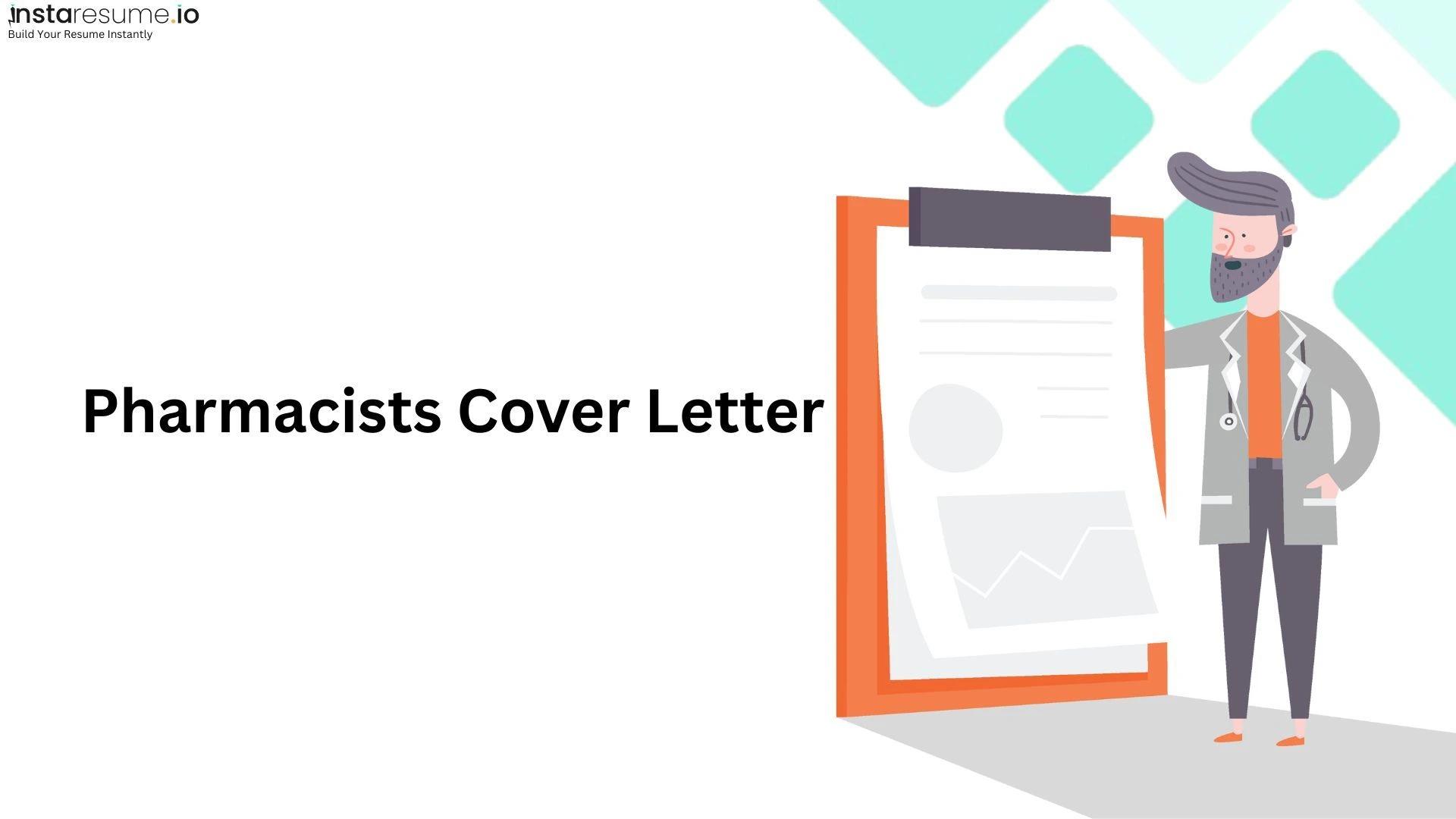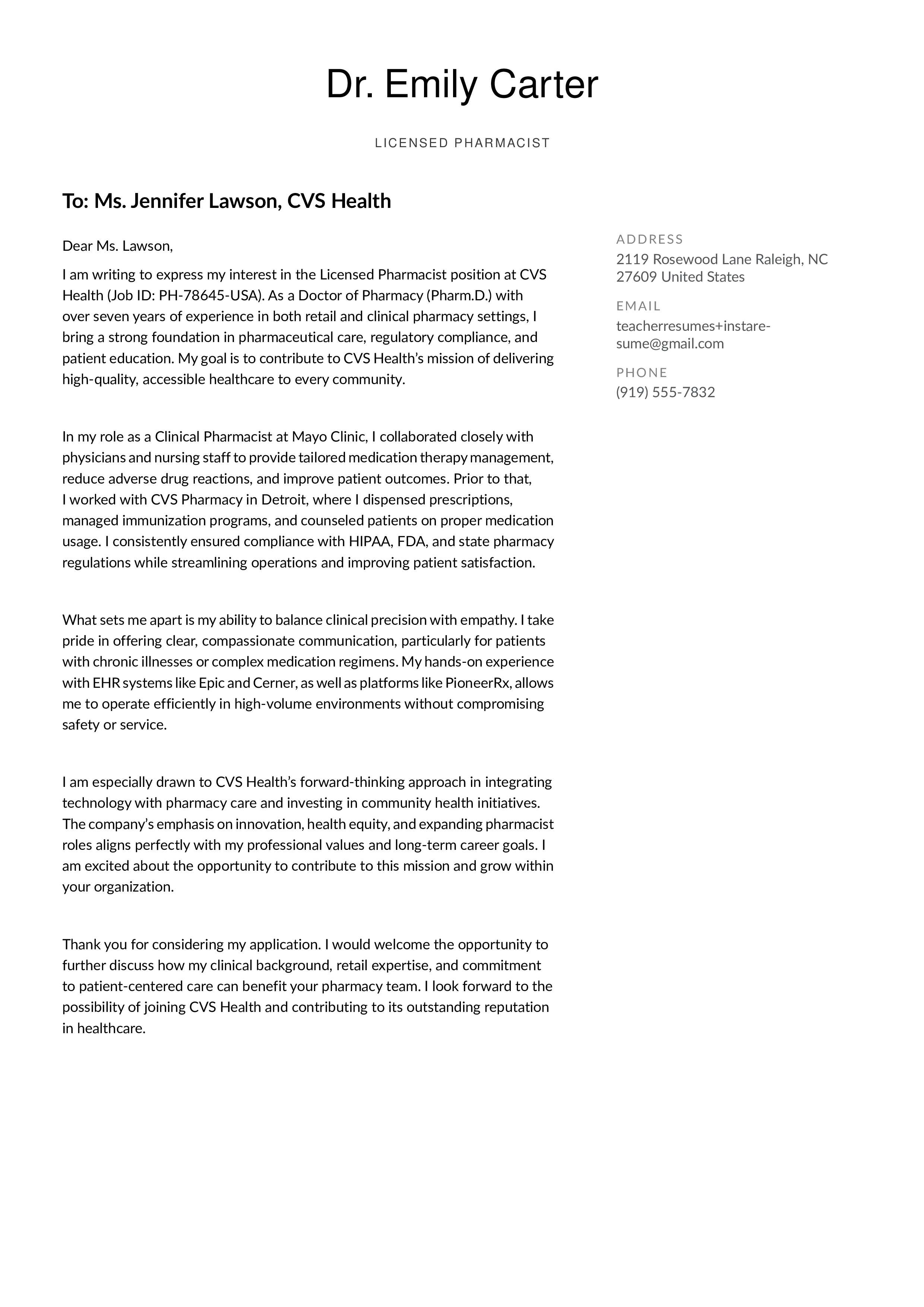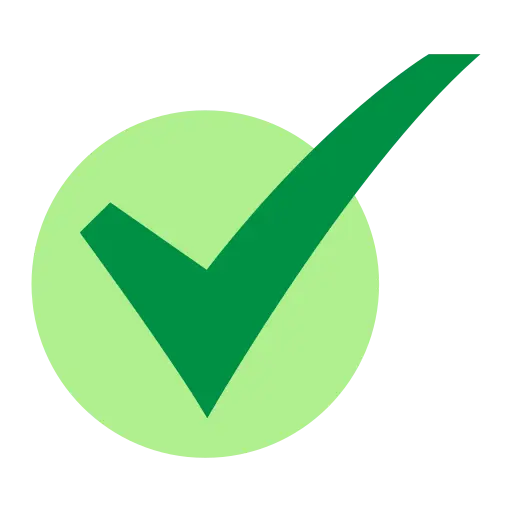Pharmacists cover letter
Trust Score: 4.8
362 reviews

Table of Contents
A compelling pharmacist cover letter can make the difference between landing an interview and getting lost in the pile. While your resume outlines your qualifications, it’s your cover letter that brings them to life. Whether you're applying for a retail pharmacy role, a hospital setting, or a clinical research position, your cover letter should speak directly to the employer's needs and highlight why you're the ideal fit.
In this guide, we’ll walk you through:
 What to include in a pharmacist cover letter
What to include in a pharmacist cover letter How to structure it for maximum impact
How to structure it for maximum impact A pharmacist cover letter example you can use as inspiration
A pharmacist cover letter example you can use as inspiration
Let’s get started.
What Is a Pharmacist Cover Letter?
A pharmacist cover letter is a one-page document submitted alongside your resume to explain why you’re interested in a pharmacy position and how your background aligns with the role. It’s your chance to:
 Show off your communication skills
Show off your communication skills Address the specific job and employer
Address the specific job and employer Explain any gaps or career transitions
Explain any gaps or career transitions Make a strong first impression beyond the resume
Make a strong first impression beyond the resume
If you don’t tailor it to the role, it’s a missed opportunity. You want the employer to know you’ve done your homework and understand what they’re looking for.
Pro Tip: If you want to save time and let AI help you build a professional application, try our AI Cover Letter Builder at InstaResume.io.
How to Structure the Body of a Pharmacist Cover Letter
Introduction Paragraph
The introduction paragraph should immediately let the employer know which position you are applying for and how you found the opportunity. More importantly, it should include a compelling hook that positions you as a strong candidate from the start. Mention your most relevant qualification—such as years of experience, specialty area, or a unique achievement—to grab attention right away. This sets the tone for the rest of the letter and encourages the reader to continue.
Middle Paragraph: Highlight Relevant Experience
In the second paragraph, expand on your background and draw connections between your skills and the job requirements. Focus on achievements that are quantifiable or impactful. For example, if you improved prescription accuracy, reduced wait times, or implemented a new system in your pharmacy, mention those details. This section should reflect not just what you’ve done, but how well you’ve done it. Mention any pharmacy software you’re proficient in, such as Pyxis, Epic, or QS/1, and highlight your ability to work collaboratively or independently in high-pressure environments.
Middle Paragraph: Tailor to the Role
If you're applying for a specific setting like a hospital, retail, or clinical pharmacy, take this opportunity to tailor your content. For a hospital role, emphasize experience with medication reconciliation, sterile compounding, or working alongside physicians. For retail, highlight your strengths in customer interaction, insurance claims processing, and efficiency in high-volume settings. Tailoring your examples shows you understand the unique demands of the employer’s environment.
Conclusion Paragraph
In your final paragraph, restate your enthusiasm for the role and express your desire to contribute meaningfully to the company’s goals. Let the hiring manager know that your resume is attached and that you’d welcome the opportunity to discuss your qualifications further in an interview. Maintain a professional tone, thank them for their time, and close with a respectful sign-off like “Sincerely” followed by your full name.
Example of a Pharmacist Cover Letter
Below is a professionally written pharmacist cover letter example that demonstrates how to structure your letter, highlight your qualifications, and tailor your message to the job. Use it as inspiration when crafting your own personalized cover letter for pharmacy roles.
Tips to Make Your Pharmacist Cover Letter Stand Out
Here are a few things you can do to ensure your cover letter gets noticed:
 Customize It for Each Job: Don’t use a generic letter. Align it with the specific responsibilities mentioned in the job ad.
Customize It for Each Job: Don’t use a generic letter. Align it with the specific responsibilities mentioned in the job ad. Quantify Achievements: Use data and metrics to show your impact.
Quantify Achievements: Use data and metrics to show your impact. Use Relevant Keywords: Especially those used in the job description, to help pass through ATS.
Use Relevant Keywords: Especially those used in the job description, to help pass through ATS. Be Concise: Aim for 3–5 paragraphs and keep it under one page.
Be Concise: Aim for 3–5 paragraphs and keep it under one page. Show Personality: Be professional but let a bit of your voice come through.
Show Personality: Be professional but let a bit of your voice come through.
Common Mistakes to Avoid
 Overloading with technical jargon
Overloading with technical jargon Repeating your resume word-for-word
Repeating your resume word-for-word Forgetting to address the hiring manager
Forgetting to address the hiring manager Spelling and grammatical errors
Spelling and grammatical errors Using a generic cover letter without tailoring
Using a generic cover letter without tailoring
If you’re unsure about formatting, you can refer to our complete guide on how to write a cover letter for more tips.
Final Thoughts
Pharmacists are trusted healthcare professionals, and your cover letter should reflect that trustworthiness, attention to detail, and empathy. Whether you’re a new pharmacy graduate or an experienced clinical pharmacist, your cover letter is your chance to convince the employer you’re ready to join their team.
Need help designing a standout resume and cover letter together? Explore our resume formats for all types of jobs and cv format for freshers our expert-built cover letter templates to get started.







